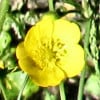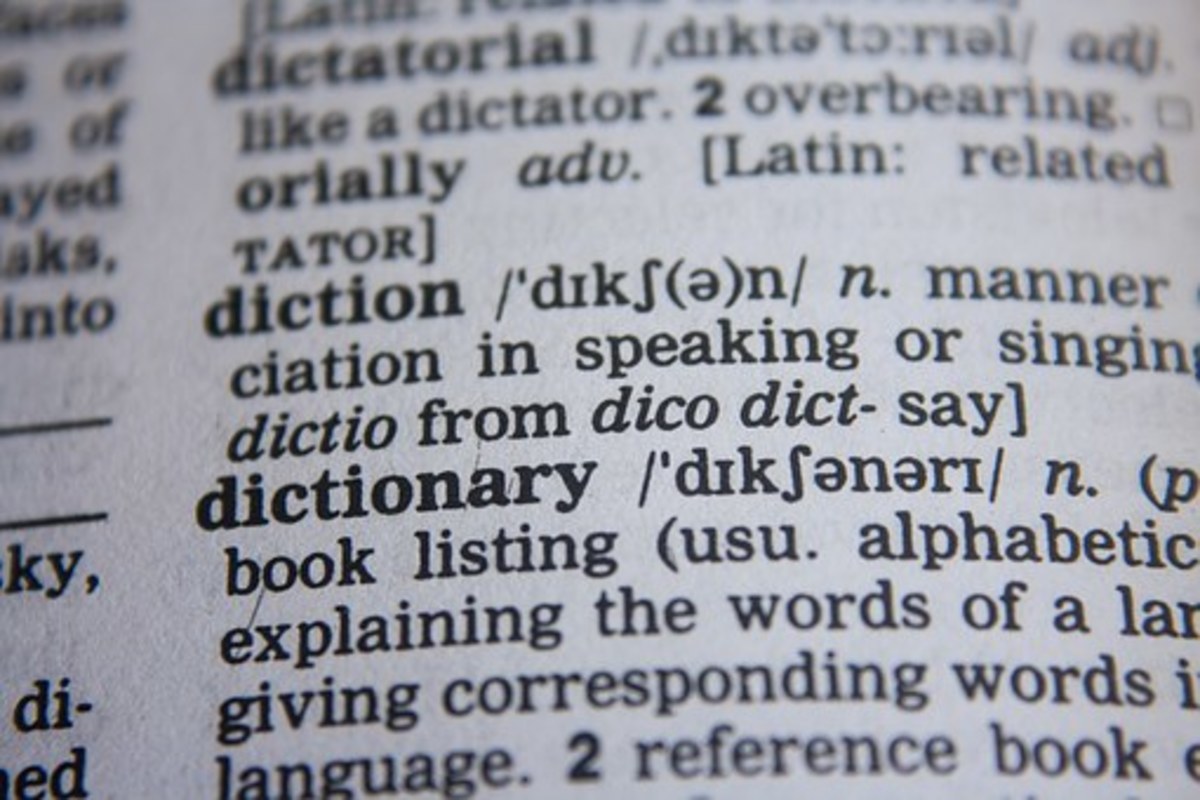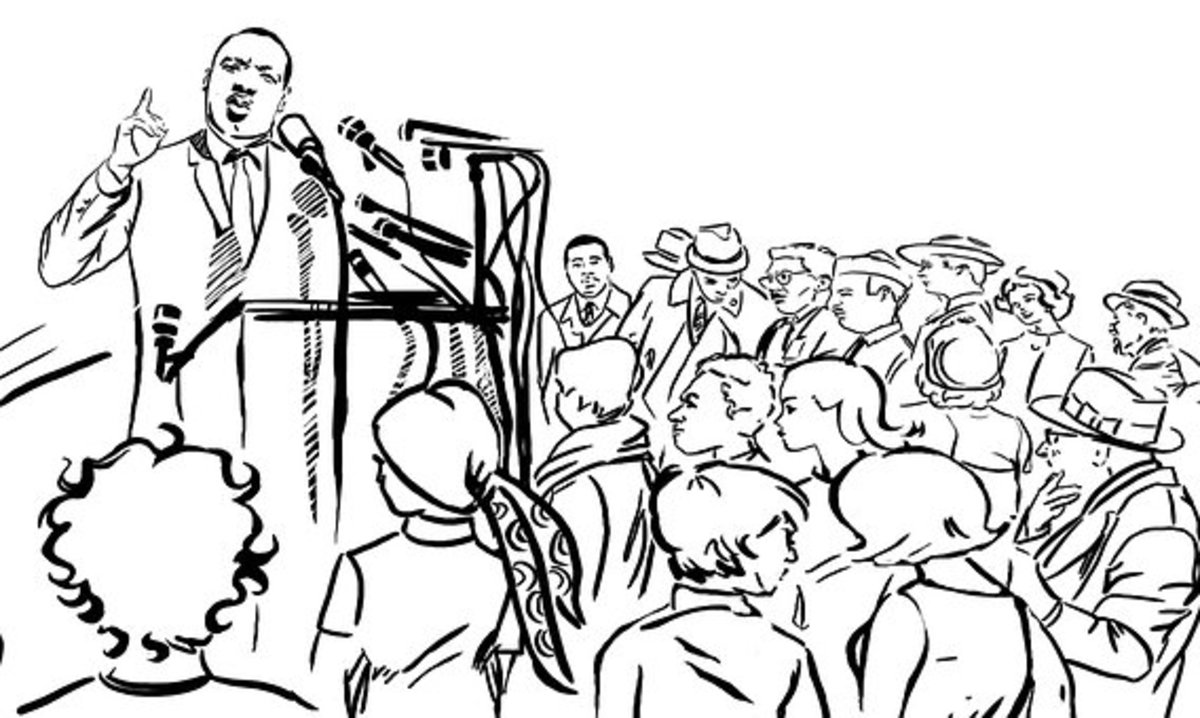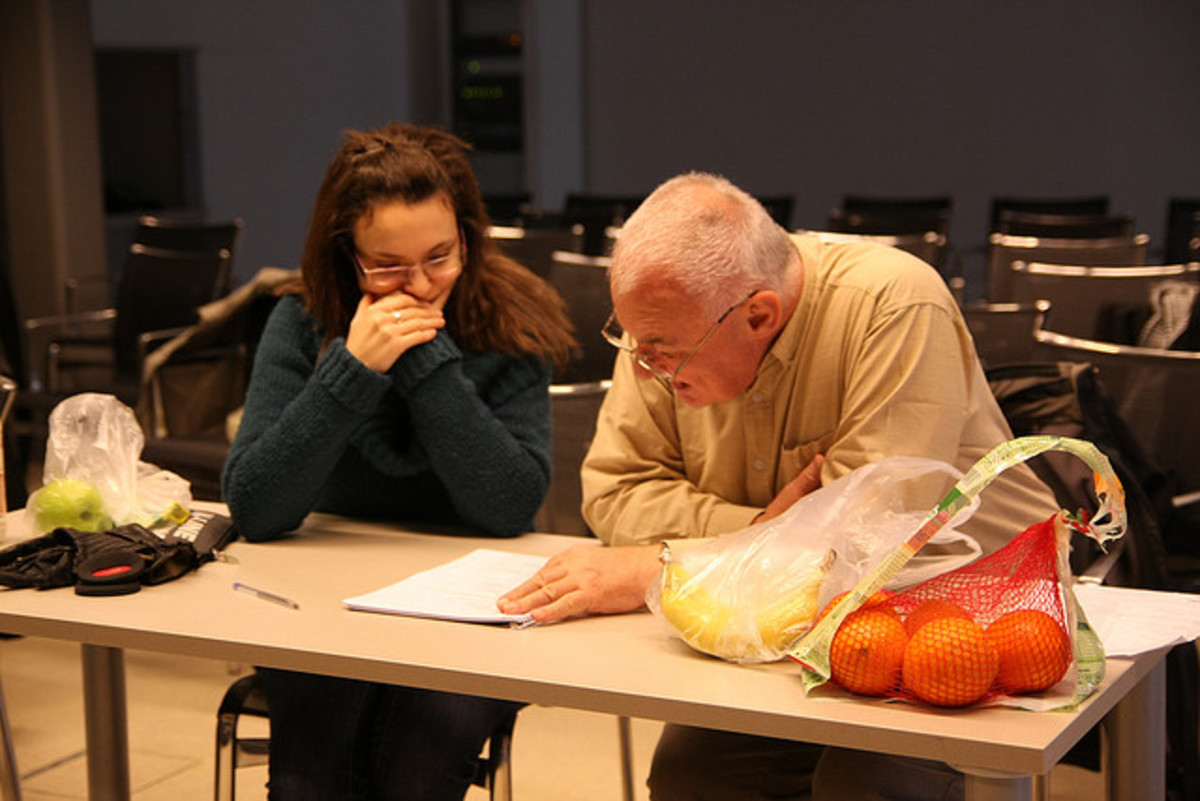English Language Usage: 'Thank You!' ~ A Two-Word Phrase

Thank You - Short and Sweet
'Thank you!' is a two-word phrase ~ an interjection or exclamation ~ that one uses in order to express gratitude towards another person.
It is short and simple, but its use is very important. It is good to show appreciation, when another person has taken the trouble to be helpful.
One might say: 'Thank you for your help', or, indeed, 'Thank you very much for your help'.
One can also decline an offer: 'No, thank you.'
(Informally, one can also say 'Thanks!' or 'No, thanks!'.)
Short and sweet 'thank you' may be, but it would appear that some writers of English still manage to have trouble with its use!
'Thank you' can cause 'English language' / 'English grammar' concerns, for some writers.
Thanks

'Thank You'
One Word or Two?
For one reason or another, some writers seem to believe, quite mistakenly, that 'thank you' is one word. It is not.
In actual fact, it is short for a three-word sentence: 'I thank you', or 'we thank you'.
This can be compared with 'I like you' or 'I see you' or 'I visit you', etc.
'I thank you'.
This is a very simple, short sentence: subject-verb-object.
And, over time, it has become shorter still ~ indeed, the abbreviated version has been known since around 1400 AD.
'Thank you.'
But it has not yet contracted itself into just one word.

Thank You Notes / Cards
Arthur Askey: 'I Thank You!'
'The full 'I thank you', is rarely used, today, but this little sentence was one of war-time comedian, Arthur Askey's, catchphrases.
Indeed, Arthur Askey and Richard Murdoch were in a film / movie of the same name.

Thank You Cards + Notelets
'Thank you' as Noun
'Thank you' can also be used as a noun, and this has been the case since the late 18th century:
She sent a bouquet as a thank you.
I'd like to offer you all a huge thank you.
Even as a noun, 'thank you' still consists of two words.
*
[We are about to meet the obsolete medieval noun 'thanc', meaning 'thought'.]

Thorn
'Thorn' ~ expressed 'Þ' or 'þ' ~ was a letter in a number of old European alphabets, including Old English. Its sound was the same as modern 'th' ~ both the voiced and the unvoiced dental fricative ~ and, from around the 14th century, the digraph 'th' became ever more popular.
At around the same time, thorn began to change in shape, until, eventually, it looked the same as the letter 'Y'. 'The' would be expressed with the symbol 'Y' with a superscript 'e'. This led to some 'olde fashioned' English cafes, for example, calling themselves. 'Ye Olde Tea Shoppe'. It was never meant to be pronounced 'ye' ~ always 'the'.
Letter Thorn
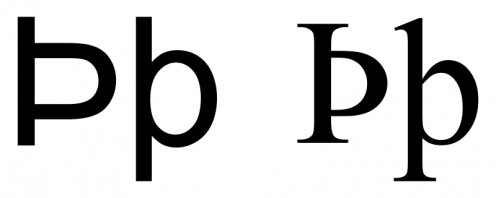
History / Etymology: 'Thank' - Where did it come from?
What are the origins of the word 'thank'?
The modern English verb, 'to thank', comes from the Old English verb 'þancian'. The meaning was the same or very similar ~ 'to thank' or 'to give thanks'.
English is, basically, a Germanic language and experts believe that the word 'þancian' (ie. 'thancian') came from a Proto-Germanic term '*thankojan', which, in turn, they believe came from Proto-Indo-European '*tong-'.
This ancient word, 'tong', though, does / did not mean 'to thank', but, rather, 'to think' or 'to feel'. Indeed, the Old English words 'þanc' (thanc) and 'þonc' (thanc) both originally meant 'thought'.
According to the Online etymological Dictionary, by circa 1000 AD, 'thancs' had evolved to mean 'good thoughts' and 'gratitude'.
Thus, pre-1000, a 'thanc' was a noun (that could also be used in the plural) which might express goodwill or thankfulness.
'Thank' came from 'think'.
*
Since English is a Germanic language, it is interesting to note similarities with modern German.
To thank = Danken
To think = Denken
*
Thankfulness and thoughtfulness have gone together for a very long time, it seems.
To thank - Declension (Present)

Books For Children
Letters
'Thank you' may be said in person, or it may be written.
One might send a 'thank you' letter in order to express gratitude.
A formal 'letter of thanks' might be sent, even if the words have already been spoken.
Here, again, the term 'thank you' consists of two words.
'Thank You' Letter
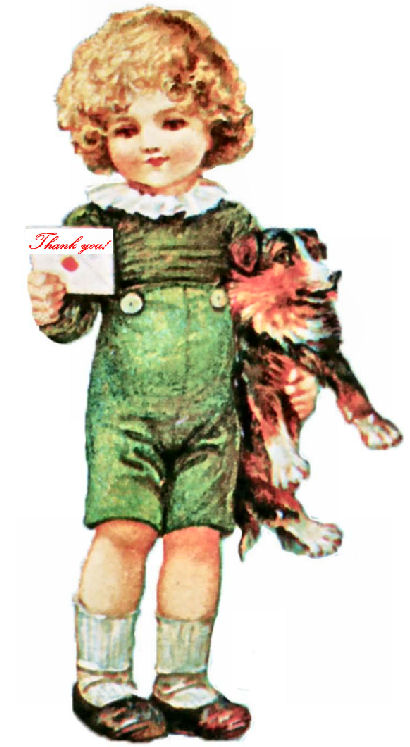
Compound Words?
Related Items from Trish_M
Compound Words
There are many compound words, where two words have come together and evolved into just one.
Here are just a few examples:~ another, airport, armchair, beanstalk, cannot, earthquake, elsewhere, fireman, fireworks, footprints, housekeeper, lifetime, moonlight, nothing, rattlesnake, skateboard, something, therein, toothbrush.
Is it possible that 'thank you' will, one day, contract into just one word? ~ Yes, it is. Language is changing and evolving all of the time. Maybe 'thank you' letters will change.
Maybe the noun 'thank you' ~ as in sending out the 'thank yous' ~ will change.
However, I think that it is unlikely that the phrase 'thank you' ~ meaning 'I thank you' will change in the near future.

Information Sources
Novelty Thanks

Copyright, Etc.
Please note that my words are copyright ~ Tricia Mason. All rights reserved.
I have linked to the sources that have helped me. These include the Online Etymological Dictionary and the Online Oxford English Dictionary.
I am also grateful to YouTube for the Arthur Askey film.
I hope that I have not made any errors and apologise, in advance, if I have done so.
Thank you for reading.
Thank you very much indeed!
Tricia Mason
~~~~~~~~~~
